Tech-driven startup, iKure, focuses on raising health standards in rural India
Updated: Oct 30, 2015 11:25:42am
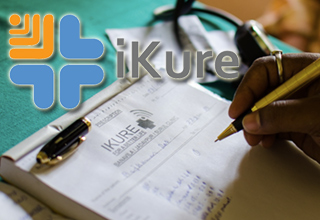
Rural India is critically flawed with inefficient heath care system. They either remain short of medical personnel or untrained officers.
According to an NRHM report, out of 22,000 primary healthcare centers, eight per cent do not have access to doctors, 39 per cent remain unattended without a lab technician and 17.7 per cent without a pharmacist, and this is when, each primary health center is supposed to have at least one medical practitioner.
Keeping in vision to counter these issues, I-kure was established by Sujay Santra in 2010, with the idea of providing affordable and accessible health care to the lower and underprivileged section of the society.
Sujay used to work for renowned multinational corporate like IBM and Oracle for over 12 years .He realized the huge gap between the demand and supply in the healthcare sector and aimed to counter it.
The entrepreneur himself is from Kharagpur, West Bengal. He attributes the idea for building iKure to his own personal experiences. “We were based in Kharagpur and that was a remote area for any kind of health emergency,” he told KNN.
“The lack of proper medical facilities pushed people to travel to Southern part of the country or to metropolitan cities for health requirements. And the charges of such medical facilities were high enough to push a family back to poverty,” he added.
Sujay, being a close observant to such situations gave up his proliferating career in US and returned to Kolkata with an innovative idea. Being a Software Developer, Sujay decided to use the average technology to curtail the health related issues, primarily in rural India.
Through the use of proprietary software, Wireless Health Incident Monitoring System, or WHIMS, iKure is able to collect health information of patients in an efficient and technology-enabled manner.
“This allows them to utilize Android tablets, armed with the WHIMS platform, and work in areas where internet is. This diagnostic tool is used to collect vital patient information for health screenings as well as early detection or monitoring of diseases,” Santra told us.
After working only with the assistance of technology, Santra realized that it didn’t suffice the need. And this enthused him into opening clinics in rural areas. ikure opened up the medical centres by the end of November in 2010.
“Our major concern was to eradicate the trouble faced by the underprivileged people like wage laborers or farmers in remote locations who doesn’t have any medical facilities nearby,” said the founder.
“Also, in rural areas, travel is a major issue. People have to travel around 5-10 km to reach out for help in case of medical emergency, and that too without any proper transportation system,” he further added.
The founder claims that at ikure, they provide basic health services within the community at as minimal cost as Rs 90.
“The same facilities would be provided to you in no less than Rs 400 at a private hospital,” said the entrepreneur.
The tech-driven start-up thrives to bring some social change, and has acquired more than 32,000 patients as of yet.
Setting up a division so big calls for a lot of trouble-tackling and ikure was no exception.
“We had huge trouble getting doctors to work in our clinics,” said Santra adding that, “We ended up countering the problem by opening ‘Hubs and Spoke’.
At the hub, there is a main clinic that acts as the base for an additional 36, strategically placed spoke clinics. The hub is a traditional clinic with a doctor, paramedical assistant, and two health workers on call. Throughout the week, the medical staff rotates at fixed times to the spoke clinics, which are located within a 15 mile radius of the hub.
“We don’t have any requirement of acquiring specialized doctors,” said Santra.
“Every year, 40,000 students pass out with an MBBS degree and only half of them are able to get through the Masters. We hire the doctors who could bring a slight change through the basic skills they attain,” he said further.
The firm’s effort to get the doctors to work with them posed another problem for them.
“We had to be conscious not hiring an uncertified doctor,” he said adding, “Also, as we started to grow, we received threats from the privately established doctors.”
Geographical terrain was also an issue for the start-up. The founder was of the view that bringing trust in any business is very important. And to get to that, the start-up decided to partner with such organizations that were intrinsic to the community.
Tata Trust and Pradhan were few of such organizations in Jharkhand. ikure learned that there are more than 1 lakh tribal people in Jharkhand in one block with minimal medical facilities.
“We train them with basic health knowledge for two months, enabling them to get concerned regarding their health. We also send a medical team 2 days a week to keep a check,” said Santra.
The enterprise was initially bootstrapped, and later relied on seed funding by Weevil Ventures capital in 2010. It then acquired an undisclosed amount of annual funding from Intellecap Impact Investment Network. ikure also received a seed round of funding from Japanese impact investment firm ARUN LLC and Mumbai Angels.
Hoping to achieve a turnover of over Rs 2 crore this fiscal, ikure is moving at untraceable pace in its approach.
Working with an efficient team of 35, ikure holds a different vision in regard to their business. “Our way of doing business is wider than what it is perceived to be- we not only provide the medical facilities, but we also focus on making socially and economically backward sections, self-reliant,” Santra told us.
The start-up is also working on many projects in collaboration to established organizations and institutions to penetrate into the issues and the prospective solutions to them. For example, it has collaborated with University of Michigan to look into the health related issues of pregnant woman and infants. Another project called Convergent Innovation Program aimed at studying the reason behind frequent anemia in tribal regions of Jharkhand.
“We are also in collaboration with Santosh Medical University based in Gurgaon for our technology-related projects,” the founder told us. “We primarily focus on data analytics because data related to medical issues isn’t available easily. Therefore, we collect and maintain data on several aspects.”
The information inferred from the baseline studies and the data helps predict various disease outbreaks in the area and design healing program by the government. (KNN Bureau)

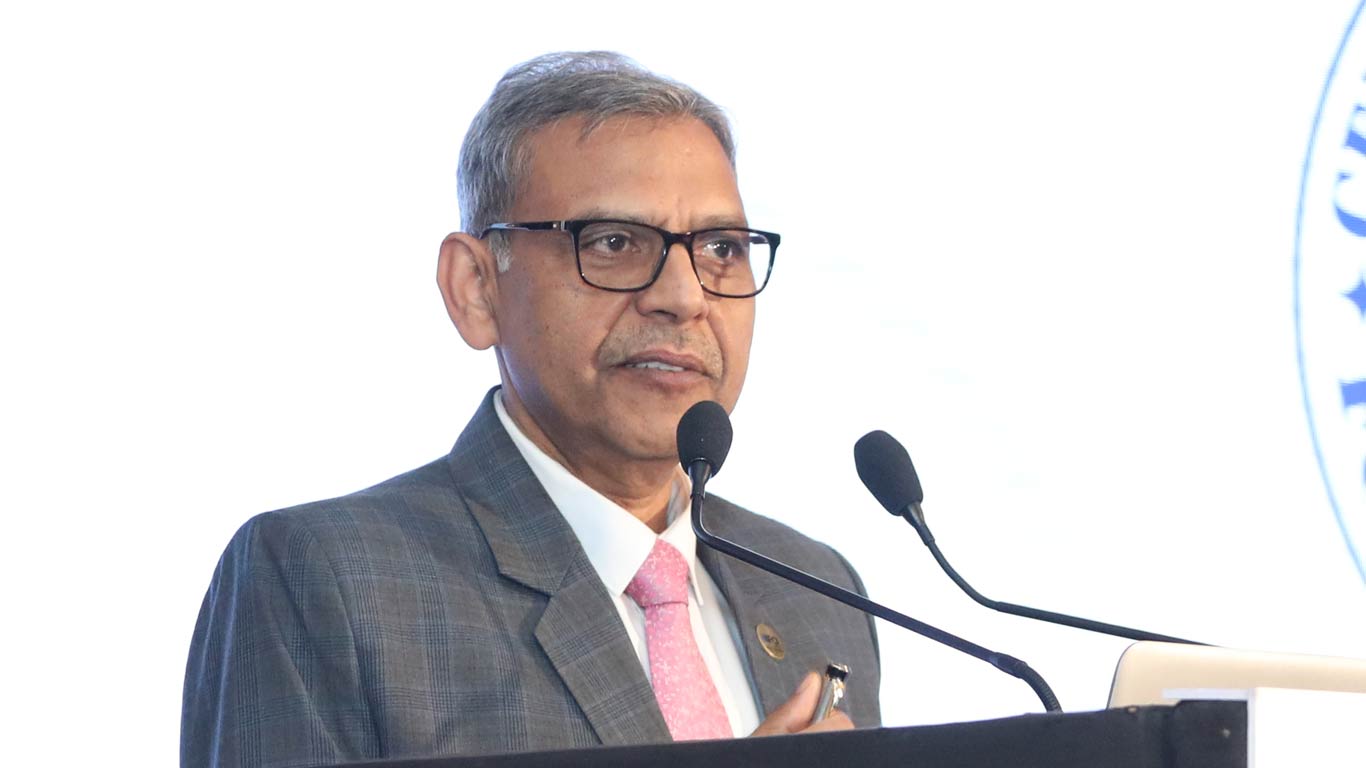
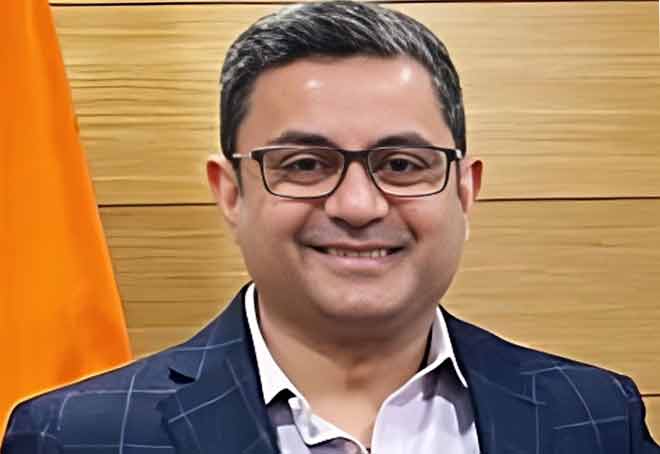

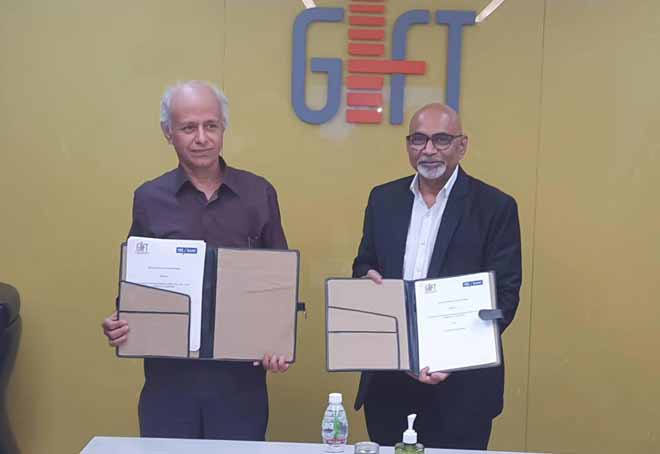
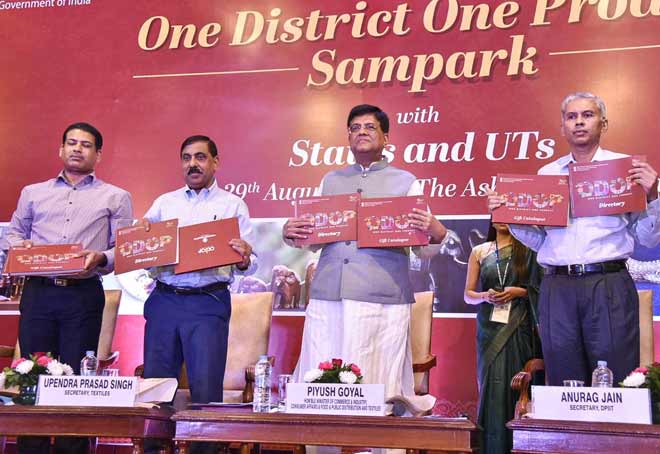






